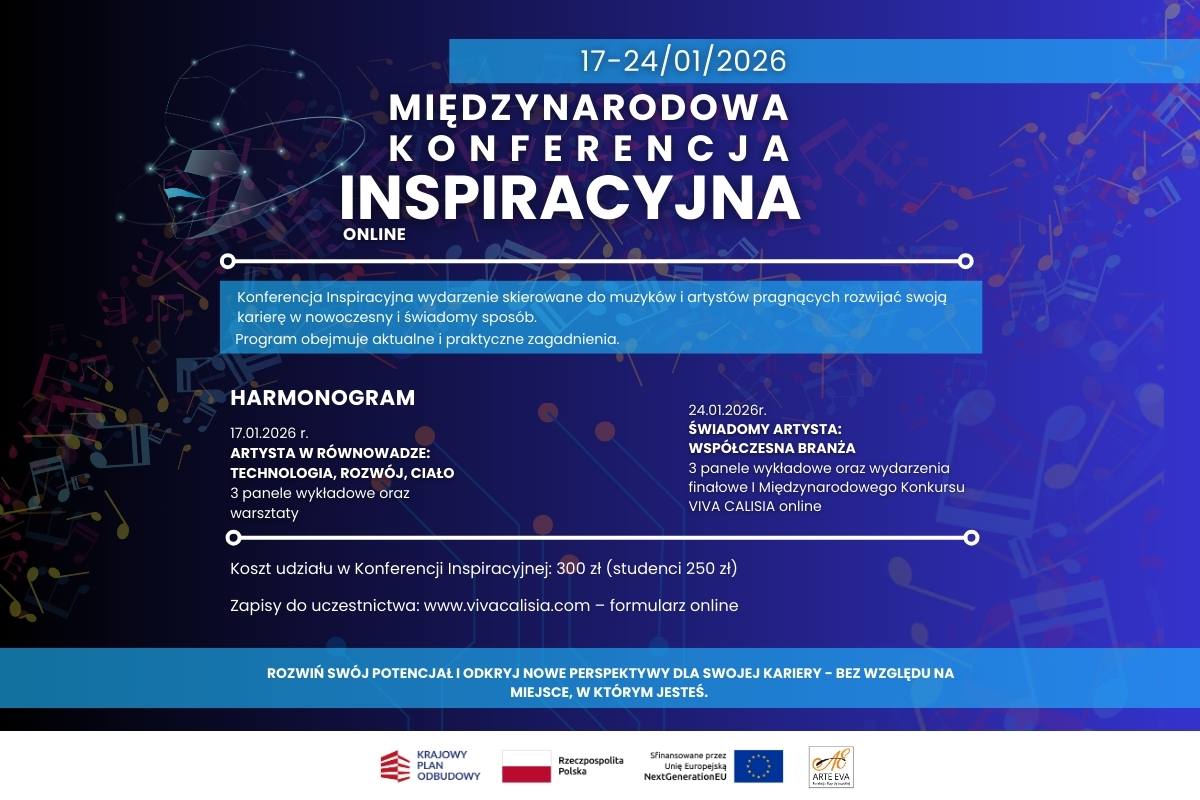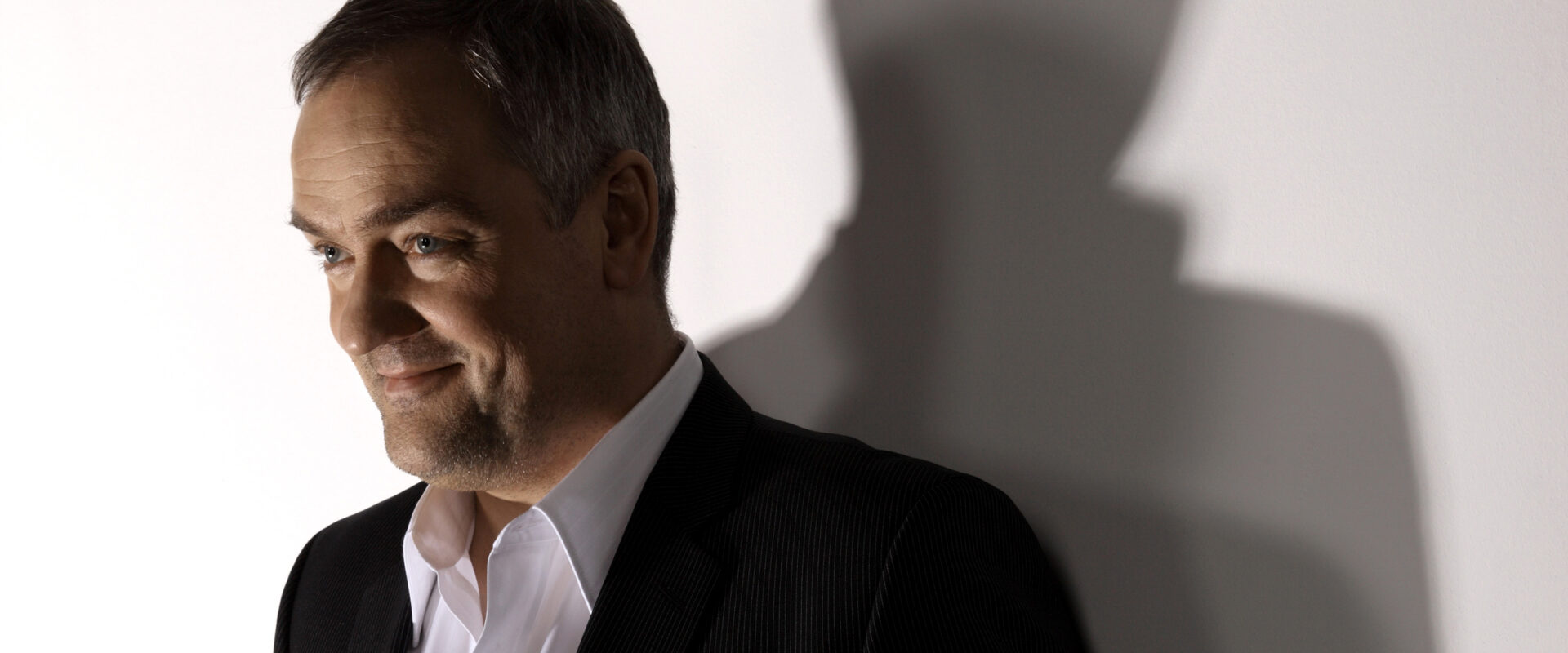 “Art is usually ugliness, not beauty” – interview with baritone Andrzej Dobber
“Art is usually ugliness, not beauty” – interview with baritone Andrzej Dobber
Jolanta Łada-Zielke talks to Andrzej Dobber, who currently sings the role of Otokar in “The Marksman” by Carl Maria von Weber at the Staatsoper in Hamburg. The production, conducted by Yoel Gamzou and directed by Andreas Kriegenburg, opens on November 17, 2024.
Your artistic biography includes such opera “giants” as Richard Wagner, Giuseppe Verdi, Richard Strauss…
…and Giacomo Puccini. Following a scholarship with the Meistersinger Conservatory (now the University of Music in Nuremberg), I started working in the local theater as a “Bass Zweiten Fachs”, singing smaller roles. One year later, Christian Thielemann became music director of the Nuremberg State Theater. He allowed me to move to a higher register after an audition. Since then, I have been contracted as heroic baritone. I sang Otokar in “The Marksman” for the first time in 1988 in Nuremberg, and I am happy to revisit the role in Hamburg. It is small, but very important.
You have performed German repertoire although your voice has been described as Italian.
As I have kept explaining, you need to start with mastering the Italian singing technique. Then, depending on the composer, you only have to change the articulation. From the technical perspective, the score is sung in Italian all the time. This is also how Wagner’s roles were interpreted in the 1960s and 1970s. I enjoy listening to recordings from those times. Back then Wagner was still sung, whereas today people tend to shout his compositions out. My voice is still young and in great condition because I take good care of it.
You celebrated the 40th anniversary of your artistic career last year. How did you mark it?
I celebrated at the Silesian Opera in Bytom, where I sang the title role in “Nabucco,” which I am extremely grateful for to the theatre director Łukasz Goik. It was a very solemn celebration. I was literally showered with prizes. The recording of the anniversary performance of “Nabucco” was useful for me in my PhD thesis on performing Verdi with the Academy of Music in Poznań. Defending your doctoral thesis you need to demonstrate practical skills, i.e. sing.
What do you consider your greatest achievement of the forty years?
I guess keeping my sanity and not going crazy (laughing). I also discovered a personality trait I had not been aware of: patience. Throughout my career I have been able to wait, I have never insisted that something had to happen quickly and I have never tried to force anything. Besides, I am able to keep a healthy distance from my work. If you want to make a great career, you need to have your feet on the ground and be patient.
What are you observations on emerging singers as Artistic Director of the Adam Didur International Opera Singers’ Competition, held in October?
I have observed a demanding attitude in the majority of today’s youth. They expect immediate feedback. I am honest and I always speak my mind, which often surprises young singers or makes them nervous. I think competitions are becoming superficial, fake and shallow. People are show-oriented and care more about their appearance, hairstyle and clothes. These aspects of performance are also important, but what I want to see and hear on stage is, above all, the music and the composer. I want to experience the moving message of what someone is singing about. Then I see a coiffed singer pretending to die while performing the aria Manon Sola, perduta, abandonata. It is important to let these emotions, this pain or joy through yourself. That’s why I explain to young people: if you want to be a real artist, you have to peel off your skin and present yourself to people in a “raw” form, without any covers. It hurts, of course, but art is usually ugliness, not beauty. Of course, you can be beautiful on the inside, but on the outside, on stage, it is ugliness that is shown most frequently.
You have undertaken the vocal education of your son Vincent, who sings in the Children’s and Youth Choir of the Staatsoper Hamburg Alsterspatzen. He seems to be a keen student?
From a father’s perspective, I can say we have a very beautiful relationship. I am a natural authority for him. He deals with opera from morning to evening, he has his favorite scores, arias and performers. I have always tried to sneak this knowledge into him, instead of scolding him and telling him to sing. When he was little and trying his hand at it, I praised him, but advised him to sing “forward” and not “to himself.” I don’t do “normal” voice lessons with him now, either. He likes to listen to me and he sometimes says: Dad, you’ve sung this phrase beautifully! And I explain how I do it. I don’t know why my son listens to me so willingly. I probably haven’t made any parenting mistakes with him (laughter). There is no rebellion on his part, even though he is just going through puberty and mutation. Moreover, I have never used any coercion against my children. Vincent is naturally talented in terms of vocal technique and he quickly picks up things that take years to explain to other people. If anyone here at the opera remarks to him, he replies: “I study with my father.”
Thank you for your time.




